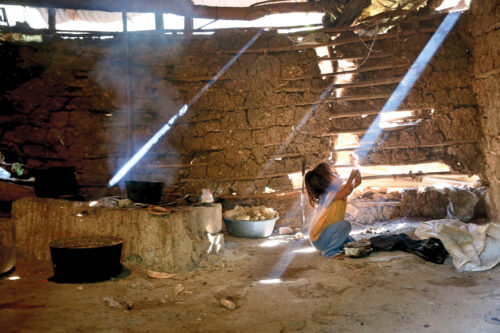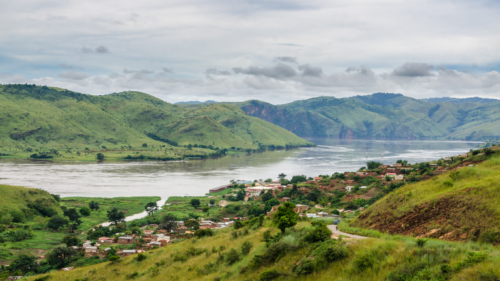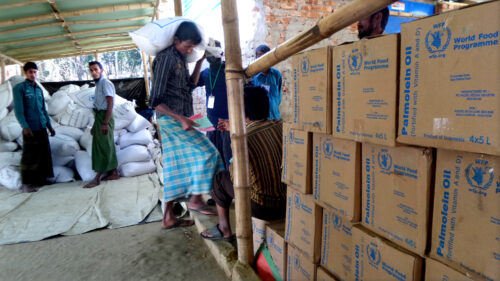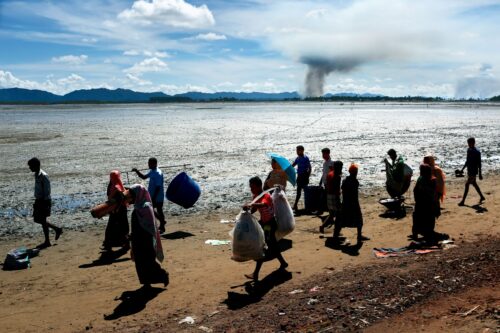NGOs and Risk Study Enters Second Phase, Survey Now Available
The new phase will focus on risk management within partnerships between national, local and international NGOs
NGOs and Risk How International Humanitarian Actors Manage Uncertainty
For humanitarian organizations, the presence of risk in the operating environment can force difficult trade-offs between the needs of people…
NGOs and Risk: How International Humanitarian Actors Manage Uncertainty
For humanitarian organizations, the presence of risk in the operating environment can force difficult trade-offs between the needs of people they are trying to serve and the need to mitigate potential harm to their personnel, resources, and reputation.
NGOs, Humanitarian Action, and Risk Management
Today, humanitarian crises are characterized by increasing risk and uncertainty. Whether in Afghanistan or Yemen, responding to humanitarian needs means…

Barriers to Aid: The Growing Bureaucratic and Administrative Hurdles in Latin America
Surging bureaucratic and administrative impediments (BAI) across Latin America are an increasing challenge to humanitarian access and a barrier to…

Preventing and Responding to Gender-Based Violence in the Democratic Republic of Congo
A chronic lack of food and shelter, and the proliferation of armed actors, have increased vulnerability to survival sex, physical assault, and sexual violence.

Risk Sharing Framework Simulation Outcome Report
Humanitarian actors share a common goal of supporting affected people, often in difficult contexts marred by conflict or environmental disaster.

Launching the Risk Management Scorecard
The scale, scope, and complexity of humanitarian crises have increased significantly over the past decade and show…

Outcomes from the Inaugural U.S. Conference on Housing, Land, and Property in Crisis Contexts
Displacement, whether caused by disaster or conflict, is fundamentally connected to housing, land, and property (HLP) rights.
